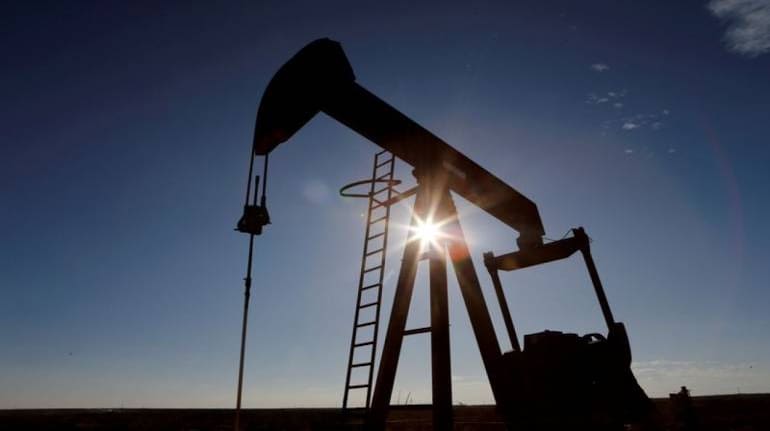



Brent crude oil prices have risen sharply to about $85 per barrel but one measure that offers comfort is the oil refining margin.
The benchmark Singapore gross refining margin (GRM) has recovered strongly. GRM is the amount that refiners earn from turning each barrel of crude oil into fuel products.
“The October 21 to date Singapore GRM at $7 per barrel is at a two-year high, reflecting recovery in demand and falling stocks,” analysts from IIFL Securities said in a report on October 19. So far in FY22, the Singapore GRM stands at $3.2 per barrel, up 538 percent year-on-year, the broker said.
A solid rebound in demand has helped boost benchmark GRMs.
“In September, petrol consumption rose year-on-year. Diesel demand has started to recover as well, though it is still below pre-Covid levels,” said Nitin Tiwari, an analyst at Yes Securities. “While crude oil prices are skyrocketing, refinery outages along with better demand and inventory drawdown have lifted GRMs. At some level, higher liquefied natural gas prices also mean there is some amount of replacement demand for crude oil and crude oil-linked products.”
Better margins benefit oil refiners. Reliance Industries’ refining business is expected to benefit from higher margins, albeit to a smaller extent.
“Currently, higher refining margins benefit RIL. However, a stronger HSD crack would be incrementally more beneficial,” Tiwari said.
HSD refers to high-speed diesel. Crack is a term used to represent the differences between crude oil and prices of wholesale petroleum products.
Reliance shares are hovering near their 52-week high of Rs 2,751.35 on the National Stock Exchange. The company’s retail business is expected to benefit from demand recovery with the lifting of restrictions after the second Covid-19 wave. The outlook for Reliance’s telecom business has improved, too.
Higher GRMs are also positive for state-run oil marketing companies Bharat Petroleum, Hindustan Petroleum and Indian Oil. Hindustan Petroleum and Indian Oil shares touched new 52-week highs on the NSE on October 18.
Year-to-date, both stocks have outperformed the Nifty 100 index. Hindustan Petroleum and Indian Oil shares gained 46 percent and 43 percent, respectively, vis-à-vis the 31 percent increase in the Nifty 100 index.
On the other hand, Bharat Petroleum shares increased at a slower 15 percent so far this calendar year. A key reason for the underperformance is the delay in privatising the company.
“We note that the privatisation process of BPCL and Container Corp. of India will take another 9-12 months at the minimum to complete as the government is yet to call for the expression of interest for these companies,” analysts at Kotak Institutional Equities said in a report on October 14. “In the case of BPCL, press reports suggest limited interest among potential bidders (global oil majors, national oil companies, domestic energy companies) given the industry’s general focus on decarbonisation.”
In general, how marketing margins shape up also remains key for the oil marketing companies.
Disclosure: Moneycontrol is a part of the Network18 group. Network18 is controlled by Independent Media Trust, of which Reliance Industries is the sole beneficiary.
Discover the latest Business News, Sensex, and Nifty updates. Obtain Personal Finance insights, tax queries, and expert opinions on Moneycontrol or download the Moneycontrol App to stay updated!
Find the best of Al News in one place, specially curated for you every weekend.
Stay on top of the latest tech trends and biggest startup news.